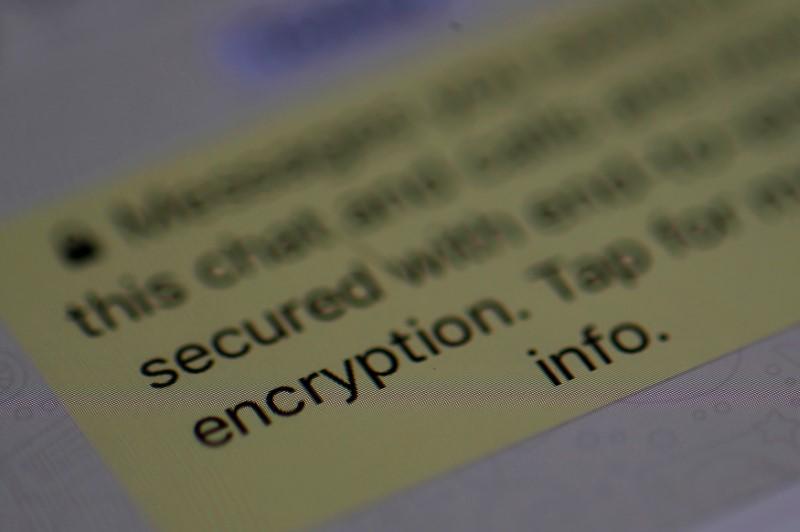The Home Office has quietly dropped widely heralded plans to ban “sophisticated encryption devices” following a consultation which resulted in significant pushback from the business community and those in the cyber security industry.
Encryption devices are phones or tablets built with, or have software uploaded, which ensures that messages sent or received by them cannot be decoded by anyone but the user.





